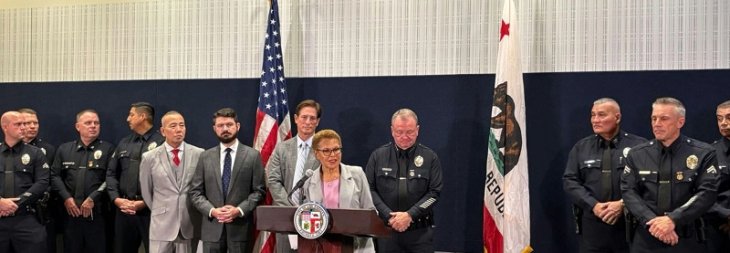“Me do it,†the two-year-old exclaimed, pushing me away. It was my first time babysitting, and I watched with amused fascination as Justin strove to become self-sufficient and independent. Yet I know many teenagers who seem never to have gone through this stage of development. Instead, they seem stuck in a phase I call, “You do it.â€
I see teenagers’ enlisting their parents to get a grade changed, to get a desired teacher, to get a coach to play them more. When there was a history assignment last year in which we had to make a movie, a classmate’s mom hired professional actors so that his video would stand out. My older brother once proudly revealed in a class that, since he was in fourth grade, neither of his parents had proofread any of his assignments. Instead of thinking more highly of him, he was shocked when his classmates felt sorry for him.
There are many teenagers whose parents don’t just read their papers; they write them, too.
I know what you’re thinking – “Helicopter†parents. And they might be. But who are these kids who welcome their parents’ over-involvement?
I have a friend whose mother brought her a hot lunch to school throughout elementary school. I assumed that, once we were in middle school, her mom would stop this. And when she didn’t, I was certain they would end it by the time her daughter entered ninth grade, as she’d be too embarrassed for Mommy to appear each day with takeout food. Wrong. Now that she is in high school, her mom doesn’t just bring her lunch; she calculatingly brings selected teachers lunch, as well, and she’s still not embarrassed.
Are kids so used to their hovering parents that they see nothing strange about it?
They see how they have reaped the benefits of their parents’ involvement. Perhaps they have not only become used to it, but they have also become dependent on it and cannot imagine life without their parents’ help. And oddly these are the same parents who years ago obsessed about the importance of self-esteem and now seem blind to the ramifications that their intervening might have on their children’s self-worth.
I have friends who brag that their parents will get them into the college of their choice. Sure, parents have always pulled strings to get their kids into high profile schools if they could. But, in past generations, didn’t the kids at least pretend to be accepted on their own merits?
Maybe our generation is so comfortable with their parents, who often act as close friends rather than stern disciplinarians of another generation, that they don’t view their parents’ help as a stigma. And, in their mind, maybe it is just a friend helping another friend — an act of love, of loyalty, of commitment.
Though these parents may just be eager, and in some cases desperate, for their children to succeed, what will happen when their kids are on their own? Will they be able to be self-sufficient and independent? Or will they always expect others to do for them, to make things easier, to pave the way, to give them an edge over the rest of the world?
A friend recently told me that her mom was filling out her common application. She was not the least bit embarrassed. Obviously, her mom just loves her more than my mom loves me.




















